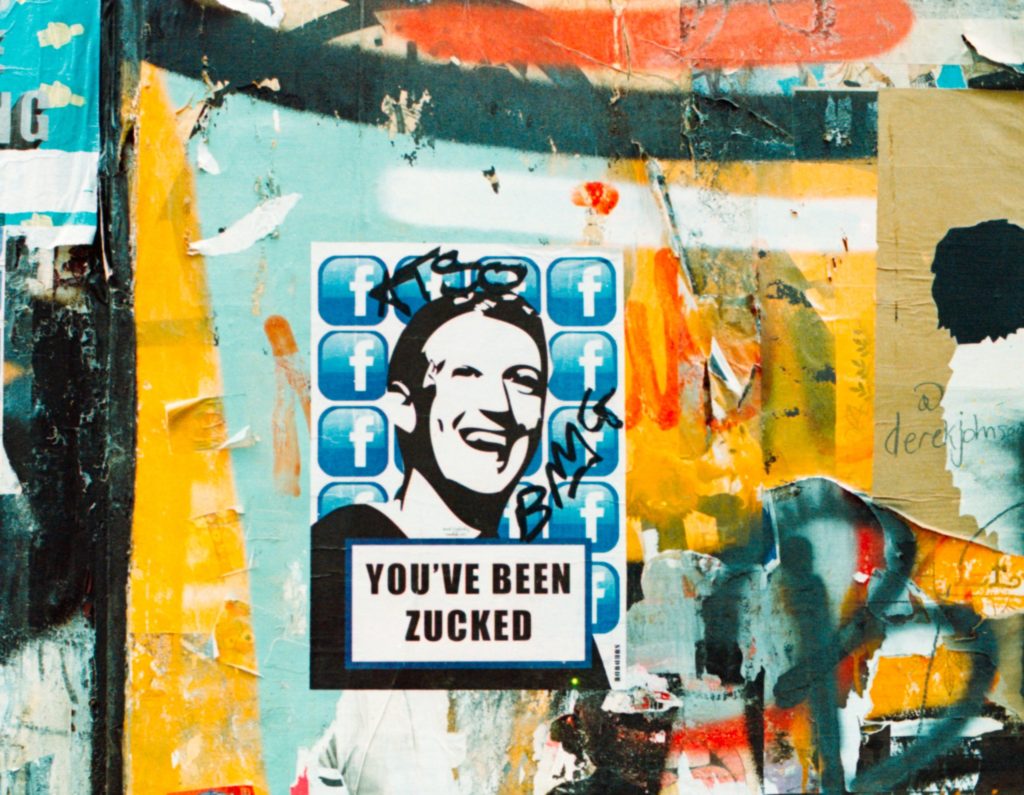Update — February 20, 2021: Facebook has restored access to Access Now’s page in Australia and has reversed the news ban after governmental amendments to the media code. We will continue to monitor what will happen to the many other NGOs and organisations affected by Facebook’s ban.
Facebook has blocked an unknown number of civil society and news organisations’ accounts — including Access Now’s page — in Australia, a move the social media platform must rectify immediately.
Beginning early morning Australia time on 18 February, reports emerged from a range of organisations, institutions, and agencies in Australia — including health and emergency services, trade unions, women’s legal services, women’s sport, and even the police — that their pages and updates on Facebook had been restricted by the platform in protest to a controversial proposed new media legislation.
“Facebook blocking Access Now and other organisations in Australia is not a reaction to a bad draft law, but a flex: Facebook wants to control the narrative, and they want world leaders and users to take note,” said Melody Patry, Advocacy Director at Access Now. “When Big Tech’s gatekeeper power is unchecked or a handful of dominant publishers can influence legislation, we get caught in a battle where users always lose.”
Access Now calls on Facebook to fully reinstate all NGO, civil society, and news pages in Australia. Content moderation decisions by platforms — such as choosing not to display news content — that are disproportionate and lack notice, transparency, and remedy are incompatible with human rights law and constitutional principles. They endanger rights such as freedom of expression and association, access to information, and right to privacy, among others. As civic space shrinks offline, we must fight to preserve our online homes and freedom to associate digitally.
“These types of social media bans affect different populations in diverse ways,” said Raman Jit Singh Chima, Asia-Pacific Policy Director and Senior International Counsel at Access Now. “Laws that are tailor-made for Big Tech and force deals with major publishers risk entrenching the dominance of a few players in the information ecosystem, to the detriment of much-needed independent and local journalism and tech developments — and, in the case of Australia, NGOs and other organisations as well.”
The tech giant’s blunt reaction is to a proposed law which would make big tech companies — like Facebook and Google — pay publishers for news content shared on their platforms. The draft law has been heavily criticized for its approach to negotiating payments and who would benefit from them, which would likely damage users, independent media, and tech start-ups.
